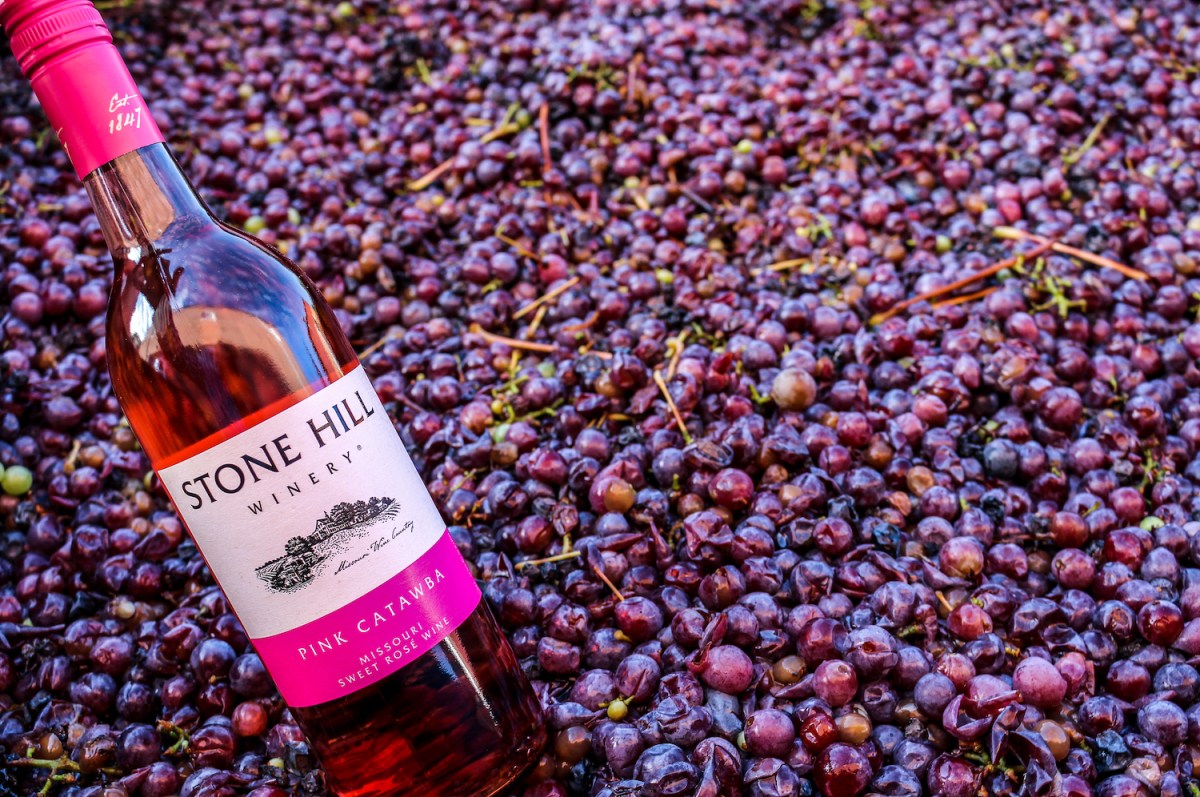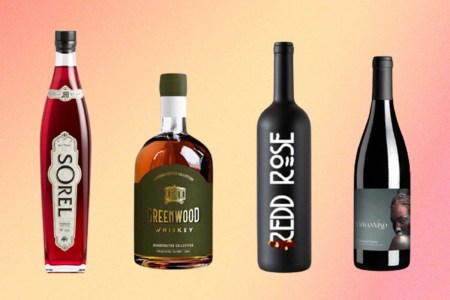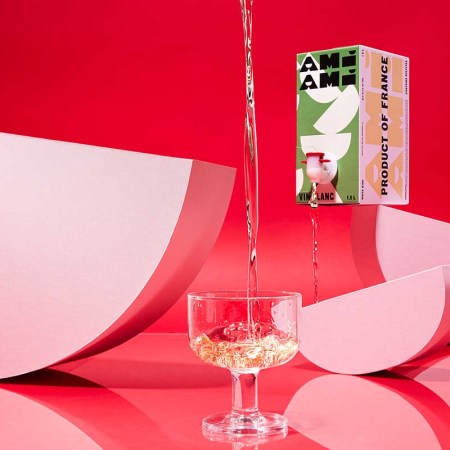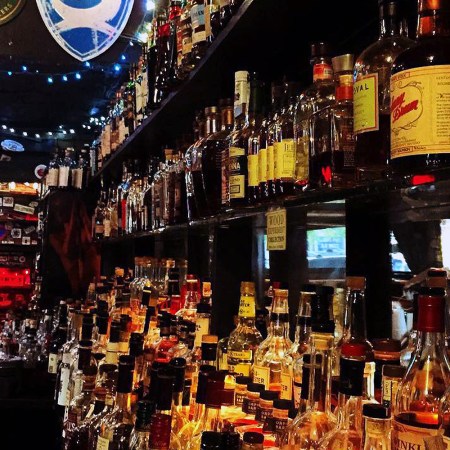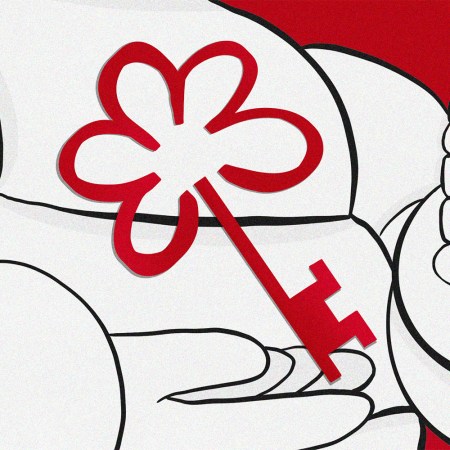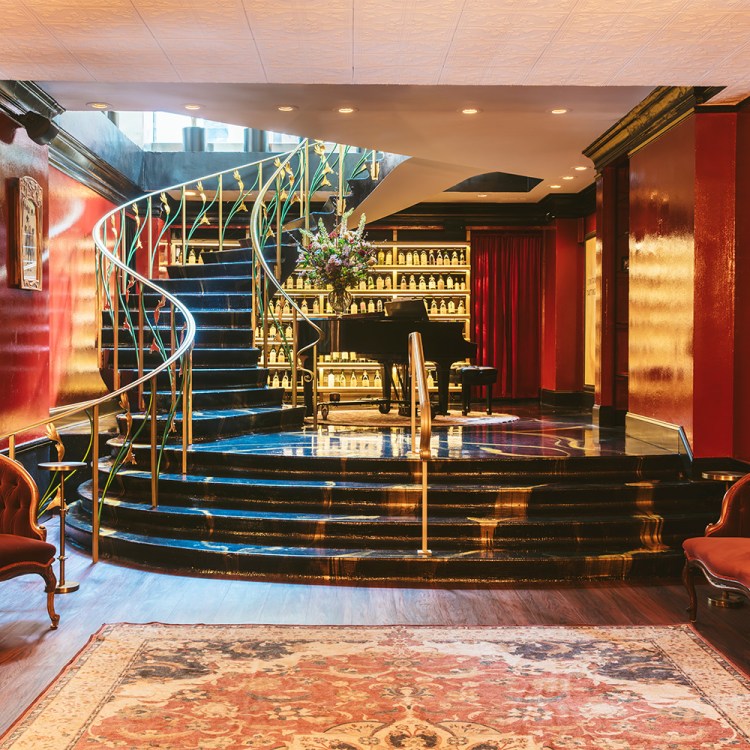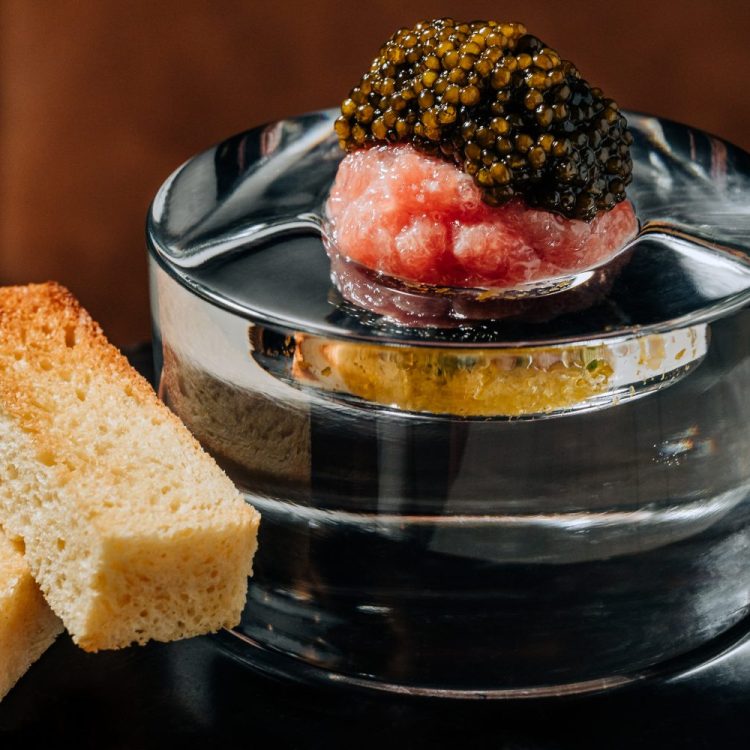Take a look at some Chicagoland wine lists these days, and alongside merlot and syrah, sauvignon and chardonnay, you may find yourself grappling with grapes like Norton, Niagara or Catawba. While the names sound novel, these grapes are anything but: These and others are heirloom American grapes, which predate familiar French and Italian varieties. Long maligned by experts, accused of having less aromatic complexity or even leading to madness, these days, they’re primed for a resurgence — and perhaps nowhere more than in Chicago, where these cold-hardy grapes suit the local terroir perfectly.
One of the primary strong points uniting the six species of grapes native to American soil is their natural resistance to disease and frost. It was due to these characteristics that research was launched, in the 19th century, to hybridize them with European Vitis vinifera — the species to which pretty much every wine grape you’ve ever heard of belongs. And while original experiments actually led to the phylloxera crisis that devastated European wine-growing regions, wiping out about half of France’s vineyards, subsequent experiments would see this hardiness bred into the European grapes themselves, thanks to American grafts. Unsurprisingly, given their origins, heirloom American grapes do particularly well in long Midwestern winters, so much so that when Missouri’s Stone Hill Winery was first established in 1847, they were already part of the bouquet.
“Being in Missouri, the climate does not make it viable to grow Vitis vinifera grapes,” explains Nathan Held, Stone Hill’s director of strategy. “Especially if you are trying to be sustainable and conscientious in your vineyard management practices.”
Norton, Concord and Missouri riesling are mainstays of Stone Hill’s production. Utica, IL’s August Hill Winery sources local heirloom Catawba and Niagara to make wines like Sweet Catawba, a still blush that pairs perfectly with spicy food, and Indigo, the brand’s semi-sweet shimmering blue Niagara wine. And Chicagoland restaurants are lapping them up. August Hill features on a handful of local menus, like that of Sip Wine Bar and Restaurant in Tinley Park and Feather Glass Wine Bar & Eatery in Vernon Hills, while Stone Hill works in collaboration with a handful of Chicago restaurants, also shipping directly to clients in the area.
Logan Square’s Longman & Eagle is a contemporary take on a traditional Chicago inn that keeps local history at the forefront of its offerings by design. The menu includes plenty of nods to Chicagoland terroir, from Slagel Farm beef to fries with giardiniera aioli to house-made pierogi, so it’s no surprise that heirloom American grapes are appearing more and more frequently on the wine list.
“We as a bar and restaurant are focused on working with local purveyors to source rare and historically significant products,” says bar manager Jay Cullen. “This was a perfect fit.” He’s currently pouring a Catawba pét-nat boasting “tight, crispy bubbles” and “big notes of sweet grape, lemon-lime soda and a slight minerality.”
8 Black-Owned Spirits and Wines You Should Be Drinking
Plus, some cocktail inspiration for mixing a few of the bottles“We’ve also been trying to track down some wine made with Mustang grapes, native to the Southeast,” he says. “Apparently, those in the know are keeping it to themselves for now, but I expect to see it everywhere very soon.”
In addition to these heirloom grapes, Cullen has taken interest in French-American hybrids, like La Crescent, Chambourcin or Frontenac, many of which were developed in the Midwest. The bottle from Communion Wines that he’s currently pouring is made with Marquette, a hybrid developed in 2006 by the University of Minnesota with the goal of producing a disease-resistant, cold-hardy red wine grape. According to Cullen, this wine boasts a similarly tight bubble structure as the Catawba, albeit with “jammy, high acid notes and flavors of red fruit and oak.”
These hybrid grapes are undoubtedly the more approachable of the heritage wine wave, splitting the difference between the foxiness and overt fruitiness of many true heirlooms and the suave appeal of European vinifera.
“Flavors from heritage or heirloom grapes can vary widely because many are derived from different species of American grapevines,” says Held. “Some grapes, such as those derived from Vitis labrusca, like Catawba and Concord, can have a grape-y or bubblegum aroma/flavor. Others may have strong strawberry flavors come through.”
And according to Susanne Bullock, marketing manager of August Hill Winery, “Chicago restaurants seem to prefer our French-hybrid grape wines, especially our ISC sparkling wines, over our native grape wines.”
But whether true heirloom or hybrid, the newfound love these heritage grapes are now receiving is as much about their enticing, surprising flavors as it is about their sustainability. Indeed, these grapes are uniquely suited to the climate that gave rise to them, and, according to Stephen Casscles, who has been growing grapes in the mid-Hudson Valley for about 50 years, it’s a boon in a winemaking landscape forever at odds with the effects of climate change.
“From my collective experiences, the climate is changing — it is getting warmer, with more violent weather patterns,” he says. “That means it’s harder to grow vinifera, as you need to spray them even more, and the reliability of producing a crop is much lower also with alternatively warmer/frigid winters. There is more winter death.”
Hybrids make “quality wine and are more productive and easier to grow with less pesticide applications,” he says, noting that while vinifera needs about 15 sprays a year with toxic chemicals, he’s sprayed his hybrids just five times this year.
Held says the same holds true of Norton, a hybrid dating back to the 19th century and his “personal favorite.”
“Norton, being Vitis aestivalis, has flavors more reminiscent of European grapes such as red cherries, black currants, brambles and assertive tannin structure,” he says. “It has a long history at our winery and has a complex and bold palate which makes it a great dinner wine.”
And from a cultivation perspective, there’s none better suited to the local terroir.
“It is our miracle grape in the vineyard,” he says, “needing little tending to, and creating few headaches.”
Join America's Fastest Growing Spirits Newsletter THE SPILL. Unlock all the reviews, recipes and revelry — and get 15% off award-winning La Tierra de Acre Mezcal.
